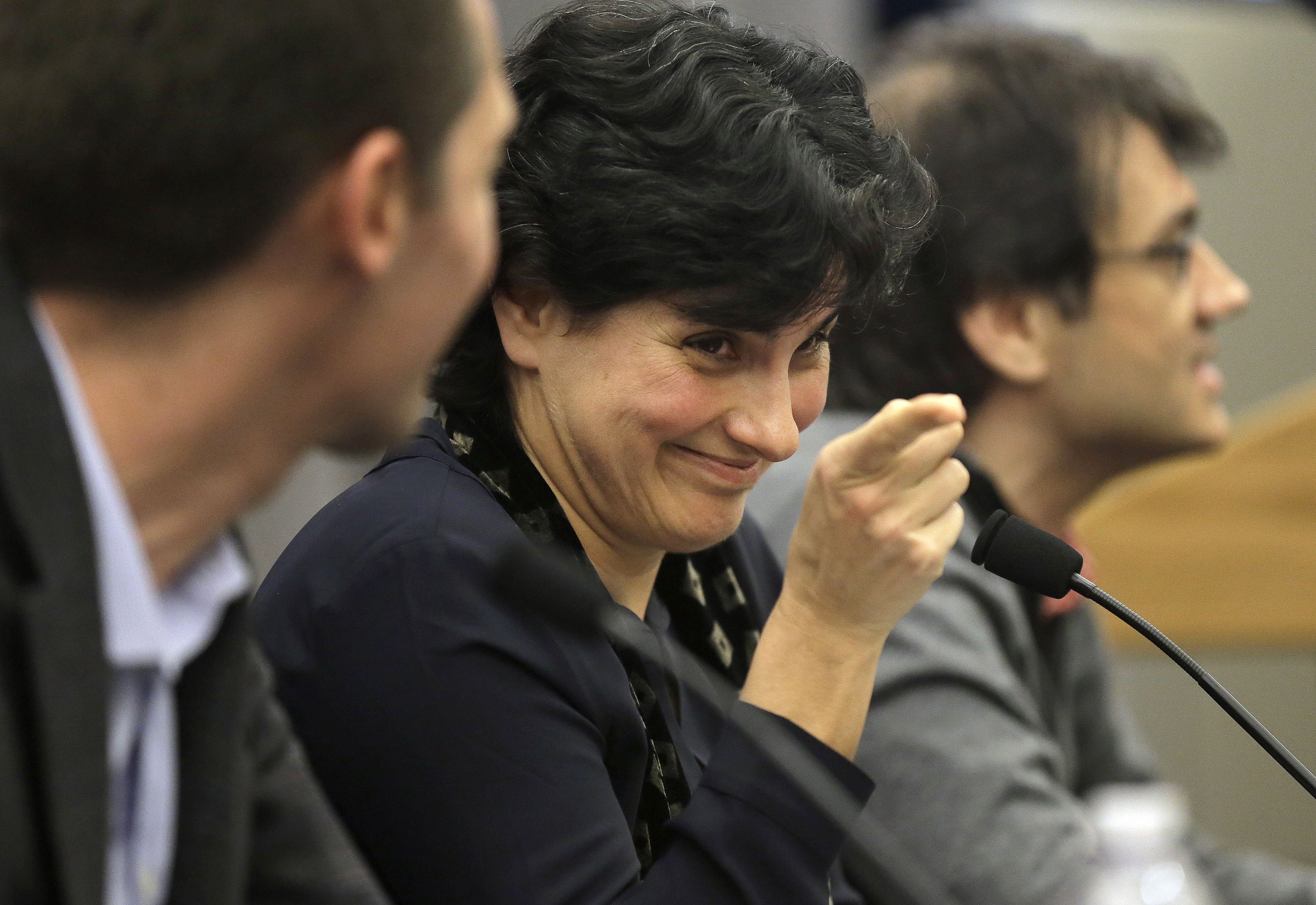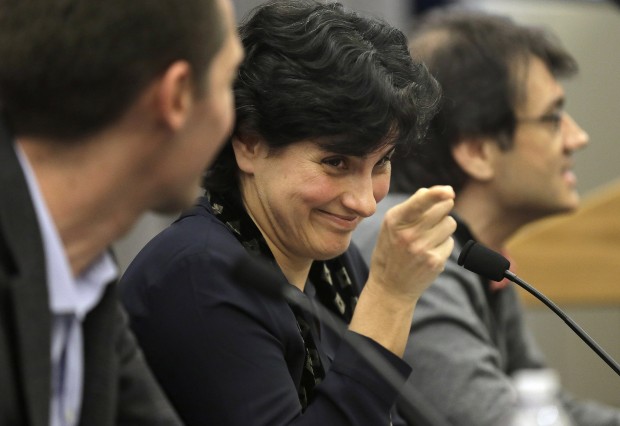
Pakistani scientist who helped detect Einstein gravitational waves

Last week’s big news has certainly got to be, not the Valentine’s Day celebrations, but the scientific breakthrough hypothesized by Albert Einstein a century ago.
Amid the celebratory roars around the world, Pakistan’s were the loudest. Not particularly because people were excited for this groundbreaking progress and discovery in the world of science, although that may be part of the reason, but because the team of scientists in the historic detection of gravitational waves, consisted of one Pakistani.
Scores of people celebrated Dr. Nergis Mavalvala’s efforts as a member of the US-based LIGO Scientific Collaboration at the helm of this discovery.
This is the story of a woman from a minority Parsi community in Pakistan, with an unconventional dream of being a physicist and got to be at the center of this historic discovery.
Dr. Mavalvala received her schooling at Karachi’s Convent of Jesus and Mary, then pursued her dream at institutes such as Wellesley College and the Massachusetts Institute of Technology.
“I grew up in a family where the stereotypical gender roles were not really observed,” Dr. Mavalvala says, during a phone interview with leading Pakistani newspaper, Dawn. “So I grew up thinking women can, must and should do anything and everything. That is very important for me.”
“My parents are not scientists and don’t necessarily fully follow the things I work on. But they have always been supportive. They always felt ‘if this is what she wants to do, let’s get out of the way and let her go with it’ — that’s a powerful situation to grow up in.”
She adds, “There was no pressure to do something that was their dream rather than mine.”
Although she has not visited Pakistan much in the last 30 years as most of her immediate and extended family is settled abroad, Dr. Mavalvala is mindful of what she wants Pakistanis to know about her journey:
“I really thought of what I want people to know in Pakistan as I have garnered some attention there. Anybody should be able to succeed — whether you’re a woman, a religious minority or whether you’re gay. It just doesn’t matter,” she says.
“Anybody should be able to do those things. And I am proof of that because I am all of those things. With the right combination of opportunity, it was possible for me to do.”
“Growing up, I didn’t know there was a subject such as astrophysics. I did know there was physics and I did know there was a sky filled with pretty interesting objects,” says Dr Mavalvala.
“I was pretty young when I started to learn about the night sky. I used to live in the Clifton neighborhood in an apartment building and would go to the rooftop of the building on certain nights of the year when there were meteor showers and look at meteorites … I had this kind of typical wonder about the universe. I was also extremely interested in how the universe began. That was formed because I did not believe in any other religious explanation for these things even as a child.”
Even as she joins her jubilant colleagues at the Laser Interferometric Gravitational Wave Observatory and other scientists across the world in the realisation of this advancement, Dr Mavalvala still feels they have “just chipped the tip on an iceberg”.
“This discovery is just the beginning. We’ve found black holes that we didn’t expect to be so massive… but just as we have discovered them we have many more questions to answer,” she says.
“How do they grow so big? My sense is that [with] every major discovery… the moment you feel like you’ve made the discovery is followed by a realisation that you have actually only opened up more questions that you need to answer. It’s really fun!”


